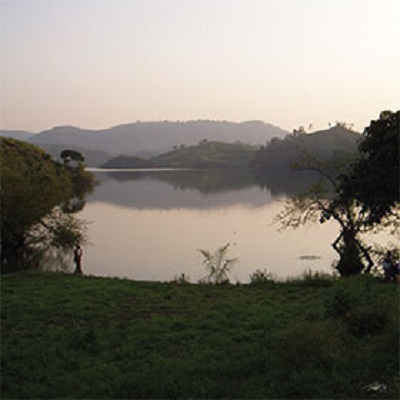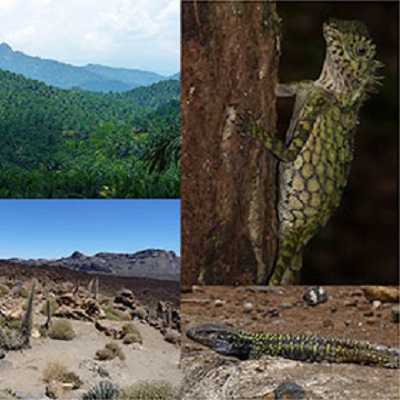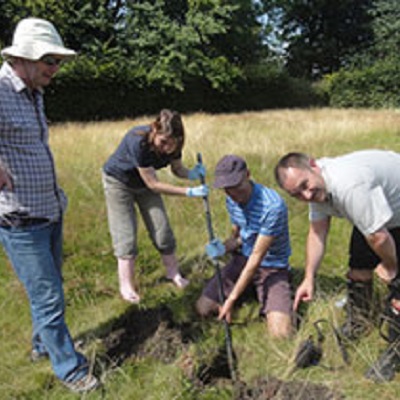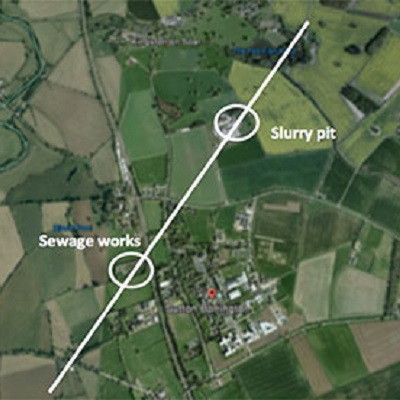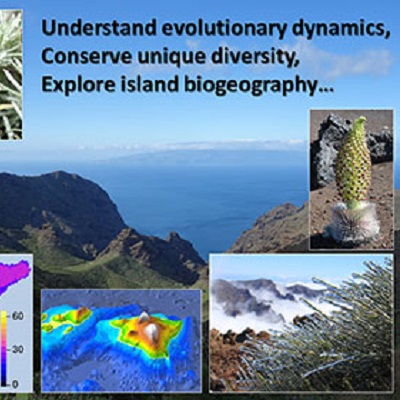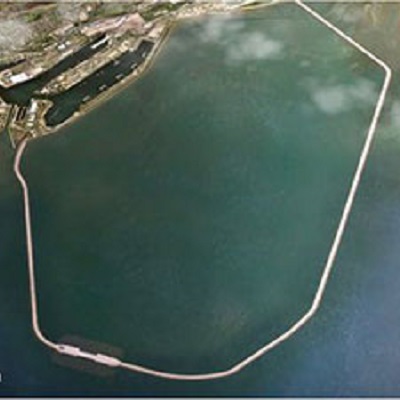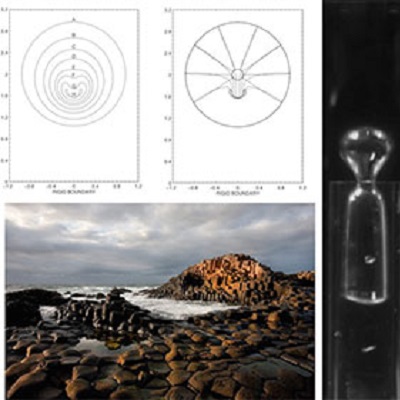Tropical lakes systems provide vital ecosystem services to some of Earth’s fastest growing and most vulnerable human populations, but in response to climatic and anthropogenic pressure, the latter caused by land-use changes, lakes are under threat from shifts in water balance. There is an urgent need for regional climate information from tropical regions to allow […]
Read More
This project will investigate the effects of joint climate and land cover change on the thermal vulnerability of animals at a global scale. While rising global temperatures are predicted to reduce thermal safety margins for many species, especially ectotherms, much less is known about the effects of land cover change on thermal microhabitats, especially in […]
Read More
Environmental change due to human activities can have devastating impacts on microbial activities that are essential to the earth’s ecosystem functions. Microbial adaptations to stresses have been described in the laboratory, but it is not well understood how these relate to the natural environment. In particular, we have limited knowledge of the impact of physical […]
Read More
Antimicrobial resistance (AMR) is a major global challenge. It is estimated that globally 700,000 human deaths per year are due to AMR, predicted to rise to 10 million by 2050. While much research is in medical/agricultural contexts, the spread of AMR in the environment is often neglected. Antimicrobials and antimicrobial resistant genes (ARGs) and organisms […]
Read More
Oceanic islands provide replicated ‘natural experiments’ that can be harnessed to disentangle general evolutionary patterns from unique evolutionary outcomes. In particular, high-altitude oceanic islands provide good opportunities for such research because they contain large climatic variation in small areas (little within-island dispersal limitation), and because they contain many endemic species, most having evolved in situ […]
Read More
Applications are invited for a PhD studentship within the NERC-ENVISION Doctoral Training Partnership with a project entitled: “Coastal flood mitigation potential of artificial tidal lagoons”. Marine renewable energy conversion into electric power is a recent frontier in technology development.The United Kingdom is rich in wave and tidal energy, therefore the UK started the exploitation of […]
Read More
This project will explore the coalescence and break up of bubbles as they emerge through cracks in the earth’s crust. This is truly interdisciplinary work, where you will define your experiments and mathematical modelling through detailed examination and characterization of rock samples, hosted by the British Geological Survey. You will be part of the ENVISION […]
Read More

